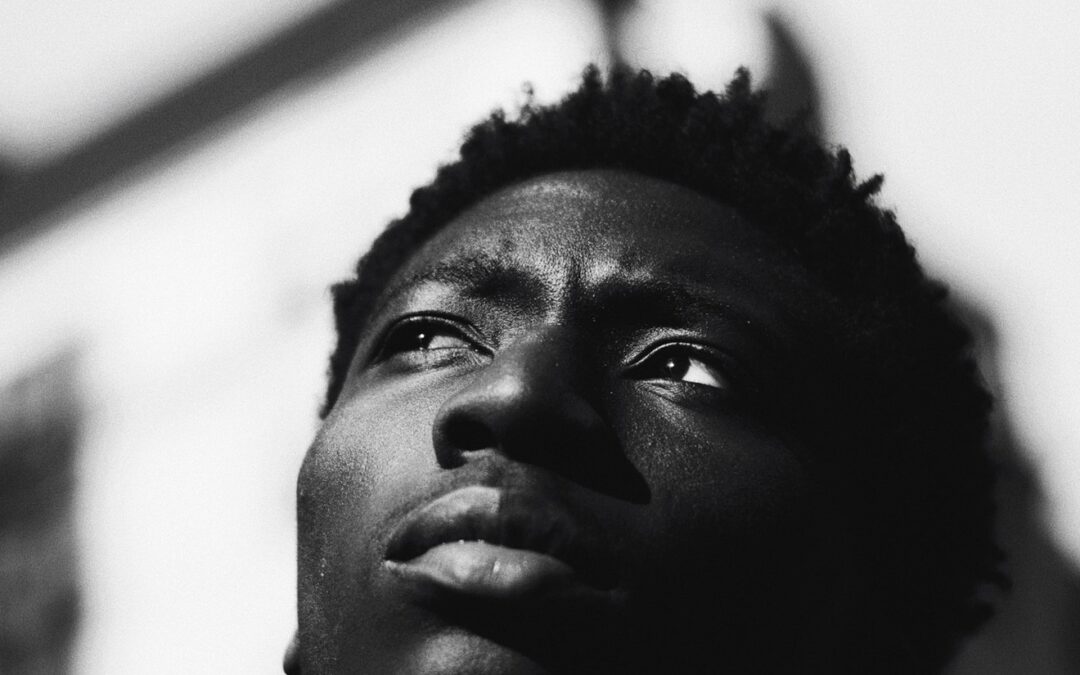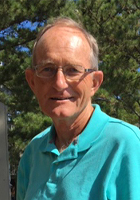While I’ve thought of myself as a racial minority all my life, it is only in recent years that I’ve come to view the term “minority” negatively. I wasn’t sure why. I just knew that I didn’t like being referred to as a minority. I knew my reaction related to my growing racial justice awareness and understanding, but I couldn’t put my finger on what bothered me. Then, I heard the term “minoritized people” for the first time on a PBS special about Zora Neale Hurston, the author and anthropologist.




 Tom Adams writes and speaks on topics vital to the intersection of our personal lives with our community and global lives. He has for decades been engaged in and written about nonprofit leadership and transitions, spirituality and spiritual growth, how we each contribute to a more just and equitable world and recovery from addictions and the Twelve Step recovery movement.
Tom Adams writes and speaks on topics vital to the intersection of our personal lives with our community and global lives. He has for decades been engaged in and written about nonprofit leadership and transitions, spirituality and spiritual growth, how we each contribute to a more just and equitable world and recovery from addictions and the Twelve Step recovery movement.